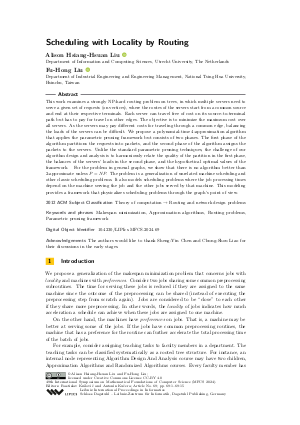LIPIcs.MFCS.2024.69.pdf
- Filesize: 4.78 MB
- 15 pages

 Creative Commons Attribution 4.0 International license
Creative Commons Attribution 4.0 International license





Feedback for Dagstuhl Publishing